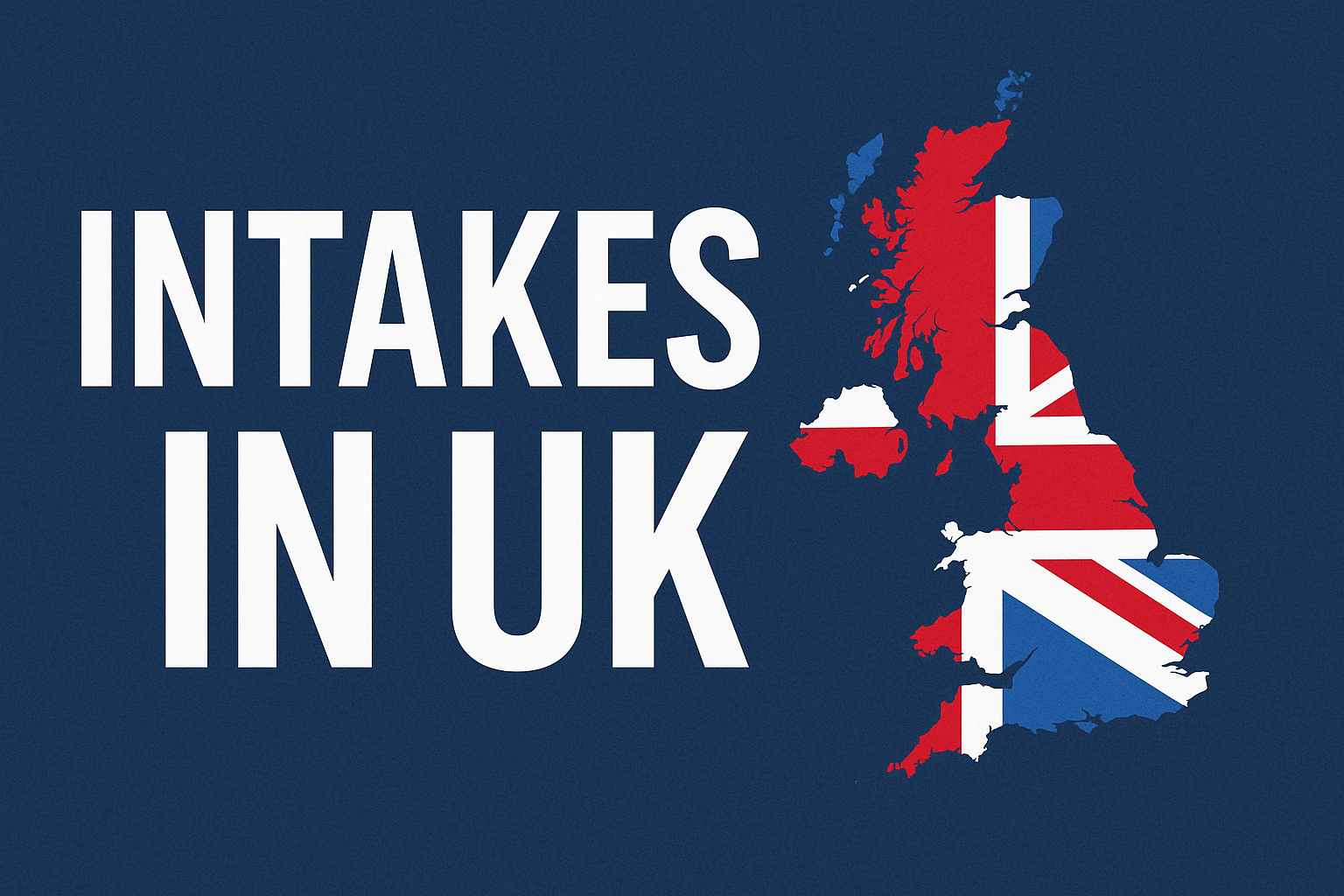How Do App Developers in Los Angeles Ensure Data Privacy and Security Compliance?

Mobile applications have become an essential part of how businesses interact with customers, manage internal workflows, and deliver services. Whether it’s a healthcare app storing sensitive patient records, an e-commerce platform handling thousands of payment transactions daily, or an IoT app controlling smart devices, data security and privacy are non-negotiable.
This brings us to an important question: How do app developers in Los Angeles ensure compliance with data privacy regulations like GDPR and CCPA?
The city has a vibrant tech ecosystem with mobile app developers in Los Angeles, AI-focused startups, and enterprise-level firms. These professionals are not just writing code; they’re also responsible for protecting user trust and shielding businesses from regulatory risks. This article explores the strategies, frameworks, and tools that a custom software development company in Los Angeles typically applies to keep applications compliant and secure.
Why Data Privacy and Security Compliance Matters
Before we dive into the methods, it’s crucial to understand the stakes. Regulations like GDPR (General Data Protection Regulation) in Europe and CCPA (California Consumer Privacy Act) in the United States were introduced to give users control over their personal information.
For businesses, non-compliance can result in:
-
Heavy financial penalties: GDPR fines can reach up to 4% of global annual turnover. CCPA fines can be up to $7,500 per intentional violation.
-
Reputation damage: Once trust is broken, it’s difficult to win customers back.
-
Operational risks: Security breaches can lead to downtime, data loss, and even lawsuits.
This is why mobile software solutions built in Los Angeles place compliance at the heart of their design.
Core Regulations That Shape App Development
GDPR (General Data Protection Regulation)
-
Applies to any business handling personal data of EU residents.
-
Requires explicit consent for data collection.
-
Grants users the right to access, modify, or delete their data.
-
Mandates data breach notifications within 72 hours.
CCPA (California Consumer Privacy Act)
-
Focused on businesses serving California residents.
-
Gives users the right to know what data is collected, why, and who it’s shared with.
-
Provides the right to opt-out of data selling.
-
Requires businesses to treat all consumers equally, even if they opt out.
For app developers in Los Angeles, CCPA compliance is particularly important given that California is their home jurisdiction. However, because many apps serve global audiences, GDPR compliance is equally critical.
How App Developers in Los Angeles Approach Compliance
Ensuring compliance is not a one-time event—it’s an ongoing process. Developers integrate security and privacy into every phase of the software development lifecycle (SDLC). Let’s explore how.
1. Privacy by Design
Instead of treating data privacy as an afterthought, mobile app developers in Los Angeles integrate it from the very start. This means:
-
Data minimization: Collect only what’s necessary for the app’s functionality.
-
User-centric control: Giving clear, simple options for users to consent, manage, or revoke permissions.
-
Transparent policies: Writing privacy notices in plain language rather than confusing legal jargon.
This principle helps align with GDPR’s requirement of “privacy by default.”
2. Secure Authentication and Authorization
One of the first lines of defense is user authentication. A custom software development company in Los Angeles will typically implement:
-
Multi-factor authentication (MFA): Beyond just passwords, apps may require OTPs or biometrics.
-
OAuth 2.0 and OpenID Connect: Industry-standard protocols to verify identity securely.
-
Role-based access control (RBAC): Ensuring users only access data relevant to them.
For example, a healthcare app shouldn’t allow a receptionist to view sensitive doctor-patient notes.
3. Data Encryption
Encryption ensures that even if data is intercepted, it remains unreadable without the right keys. Developers use:
-
AES-256 encryption for sensitive data at rest.
-
TLS 1.3 protocols for data in transit.
-
End-to-end encryption for messaging applications.
Los Angeles-based firms developing IoT app development for manufacturing rely heavily on encryption because IoT devices often communicate sensitive production data across networks.
4. Regular Security Audits and Penetration Testing
No system is foolproof. That’s why mobile app developers in Los Angeles schedule:
-
Penetration testing: Simulating cyberattacks to uncover vulnerabilities.
-
Code reviews: Manual and automated reviews to detect unsafe coding practices.
-
Compliance audits: Checking if GDPR/CCPA standards are consistently met.
Many companies also bring in third-party ethical hackers to validate the strength of their security.
5. User Consent Management
Both GDPR and CCPA emphasize user consent. Developers ensure:
-
Granular permissions: Instead of “allow all,” users can choose specific data to share.
-
Cookie banners: For apps with web integration, explicit cookie consent mechanisms are added.
-
Audit trails: Documenting when and how consent was given for future compliance verification.
6. Data Anonymization and Pseudonymization
To reduce risks, many apps anonymize user data. For instance:
-
A fitness app might replace names with random IDs.
-
A logistics IoT system may anonymize delivery driver data before analytics.
This ensures personal data can’t easily be linked back to an individual, even if breached.
7. Compliance Training for Teams
A security-first culture is as important as technology. A custom software development company in Los Angeles often invests in:
-
Training developers to recognize insecure coding practices.
-
Educating employees on phishing, malware, and insider threats.
-
Compliance workshops focusing on GDPR and CCPA.
When teams understand regulations deeply, apps naturally become safer.
8. Incident Response Planning
Even the most secure systems can face breaches. Developers prepare incident response strategies, which typically include:
-
Detecting and confirming the breach.
-
Containing the damage quickly.
-
Notifying affected users and regulators (GDPR requires 72 hours).
-
Applying patches and documenting lessons learned.
9. Integration of AI for Security
AI is increasingly being used by app developers in Los Angeles to strengthen security. Examples include:
-
AI-powered anomaly detection: Identifying unusual login patterns or data transfers.
-
Predictive analytics: Anticipating where vulnerabilities may emerge.
-
Automated compliance monitoring: Ensuring consent and access controls are always in place.
For industries like AI-powered predictive maintenance software developers, this blend of compliance and AI-driven insights is especially valuable.
10. Cloud Security Best Practices
Since many apps today are cloud-hosted, developers rely on:
-
Secure APIs to communicate between services.
-
Identity and Access Management (IAM) policies in platforms like AWS or Google Cloud.
-
Regular backups with encrypted storage.
A custom software development company in Los Angeles will typically architect apps with disaster recovery built-in.
Compliance in Different Industries
Different sectors demand tailored approaches. Let’s look at how mobile app developers in Los Angeles handle compliance in specific industries.
Healthcare Apps
-
HIPAA compliance alongside GDPR/CCPA.
-
Encrypted storage for medical records.
-
Patient consent tracking.
E-commerce Platforms
-
PCI DSS compliance for payments.
-
Fraud detection algorithms.
-
Transparent opt-out policies for marketing.
IoT App Development for Manufacturing
-
Device authentication to prevent hijacking.
-
Secure firmware updates.
-
Encrypted machine-to-machine communication.
Finance and Banking Apps
-
KYC (Know Your Customer) compliance.
-
Biometric authentication.
-
Real-time fraud detection.
Challenges Developers Face
Ensuring compliance isn’t without challenges:
-
Evolving regulations: Laws like GDPR are updated frequently.
-
Cross-border operations: Apps may serve users from different jurisdictions.
-
User expectations: Balancing privacy with user experience isn’t always simple.
-
Resource constraints: Smaller companies may struggle to invest in advanced compliance tools.
Yet, despite these challenges, mobile app developers in Los Angeles have shown resilience by combining smart technologies with strong ethical practices.
How Businesses Can Choose the Right Development Partner
If you’re a business looking to hire a custom software development company in Los Angeles, consider these factors:
-
Ask about compliance expertise: Do they have GDPR/CCPA experience?
-
Check certifications: Look for ISO 27001, SOC 2 compliance.
-
Review past projects: Did they build apps for regulated industries?
-
Evaluate security culture: Is their team trained in secure coding and compliance?
Future of Data Privacy in Los Angeles App Development
The future points to even stricter data privacy laws and higher expectations from users. Trends to watch include:
-
AI-driven compliance: Automating much of the monitoring.
-
Zero-trust architectures: Never assuming any user or device is safe until verified.
-
Greater transparency: Plain-language privacy dashboards for users.
-
Blockchain integration: Immutable audit trails for consent management.
App developers in Los Angeles are at the forefront of these innovations, preparing businesses to handle tomorrow’s privacy challenges.
Conclusion
Data privacy and security compliance are not optional—they are central to modern app development. From encryption and AI-driven monitoring to incident response and compliance audits, app developers in Los Angeles employ a multi-layered approach. By aligning with regulations like GDPR and CCPA, they not only protect businesses from penalties but also build trust with users.
For organizations seeking to create mobile applications, choosing a custom software development company that prioritizes compliance is critical. The firms and developers in Los Angeles are uniquely positioned to combine technical skill with regulatory knowledge, ensuring that applications remain both innovative and secure.
In a digital economy where trust is the ultimate currency, that combination makes all the difference.








